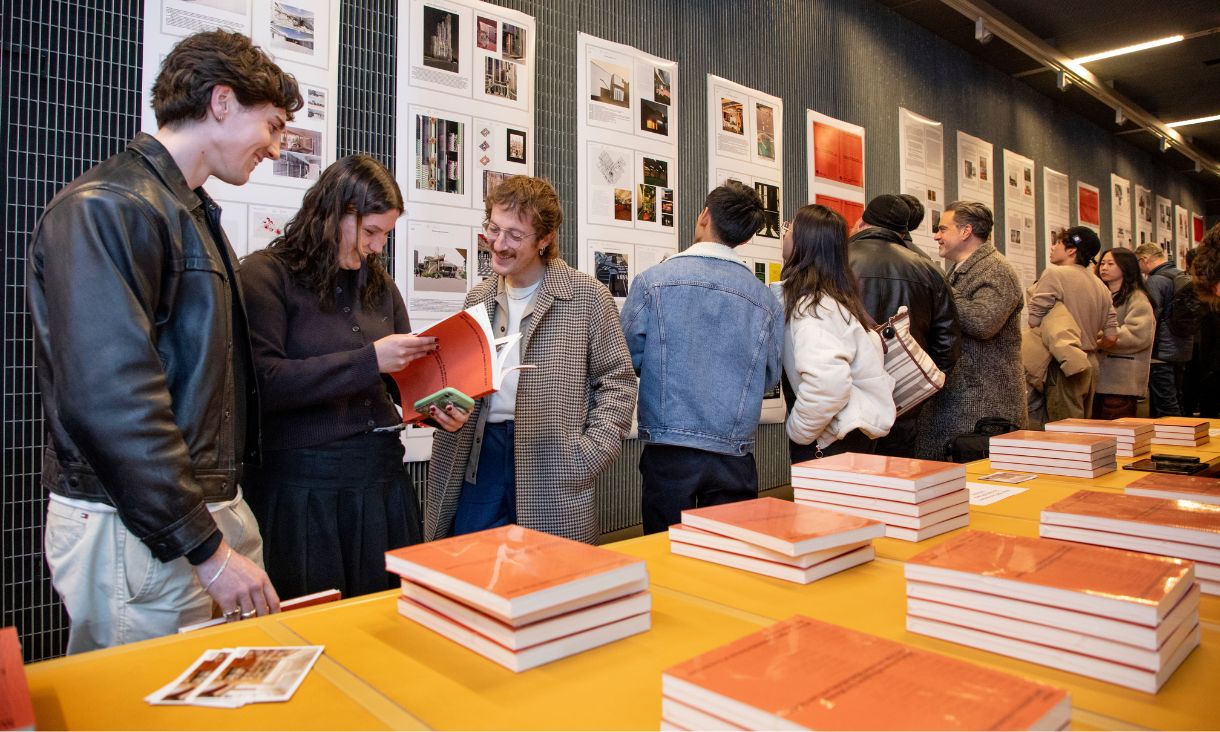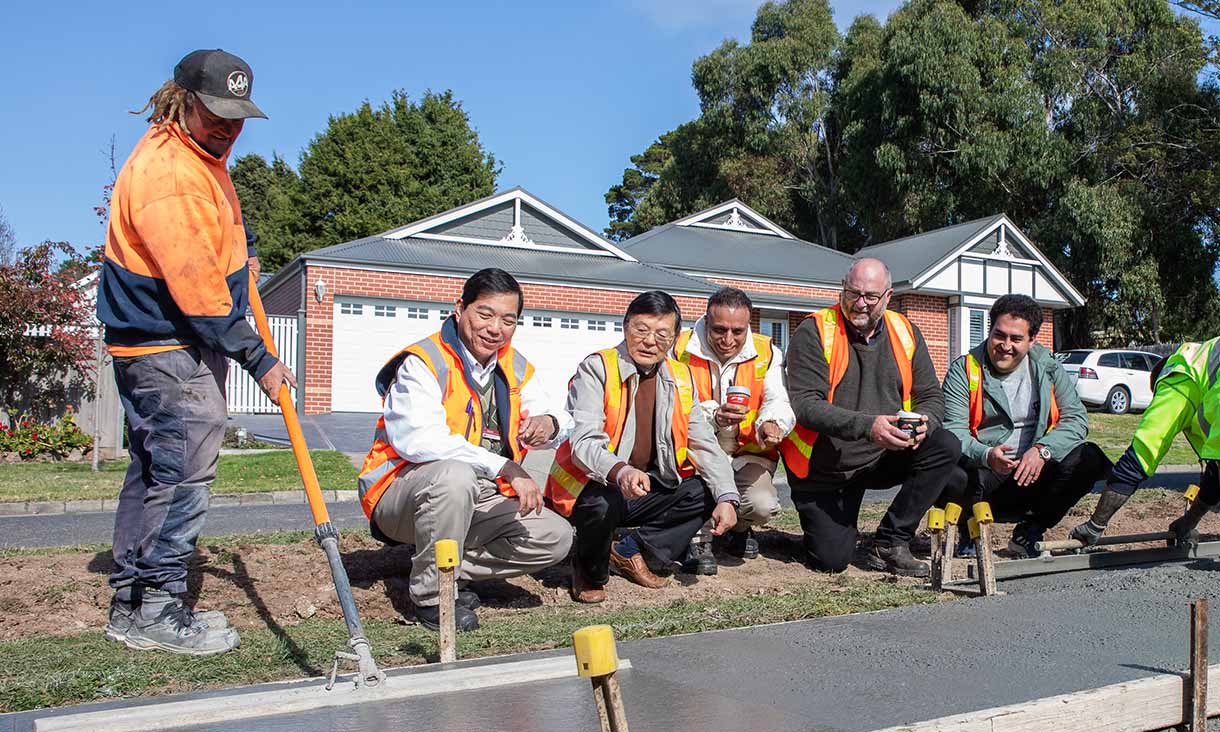Gower, from RMIT's Centre for Urban Research, is working on Project HOME – a global research collaboration led by RMIT and involving researchers from The University of Western Australia, The University of Melbourne and University College of London.
The project, which is aimed at improving housing outcomes and quality, is focused on high-density housing areas in the cities of Melbourne, Perth, Barcelona and London.
Gower's work for the project covers housing design regulations and how they can have an impact on quality. She is looking at all four cities as part of her study.
Gower said it was her earlier career as an architect in Melbourne that motivated her to better understand how housing design regulations are formed and what can be done to change them.
“Regulations have strong cultural and political influences. They can also be hard or soft, which implies the extent to which they are enforced.
"Take Barcelona for example, a city where high-density living has a long history.
"We're now seeing apartment blocks designed with light wells at their centre to work as social hubs for a building's residents – despite no enforced regulation for this type of design.
"This is an example of where cultural influences have come into play," she said.
Meanwhile in London, where apartment quality design guidelines are regularly used, Gower said practice and outcomes still vary widely.
"While apartment size and accessibility are factors highly supported by the authorities, there's a high level of pressure to make many exceptions for smaller apartment types that are deemed 'out of the ordinary' to achieve the number of homes considered required," she said.
Heading up the team of RMIT researchers working on Project HOME is Professor Ralph Horne, Deputy Pro Vice-Chancellor, Research and Innovation for RMIT's College of Design and Social Context.
Horne said high-density housing is a sector rapidly growing across cities and one that often experiences design quality problems.
"The end goal of Project HOME is to inform mechanisms to produce improved design outcomes that will enhance health and wellbeing for urban residents.
"It's a three year project funded by the Australian Research Council (ARC) Linkage Project Grants scheme.
"Alexandra's great work in Barcelona will be extended by a newly appointed research associate Sergi Moles Grueso, who is currently based at RMIT Europe and will be looking at the perceptions of residents on housing design.
"We are also delighted to have researcher Cecil Sagoe joining the team for our fieldwork in London," he said.
Project HOME's expected completion date is 2019.
Story: Andy Sondalini




